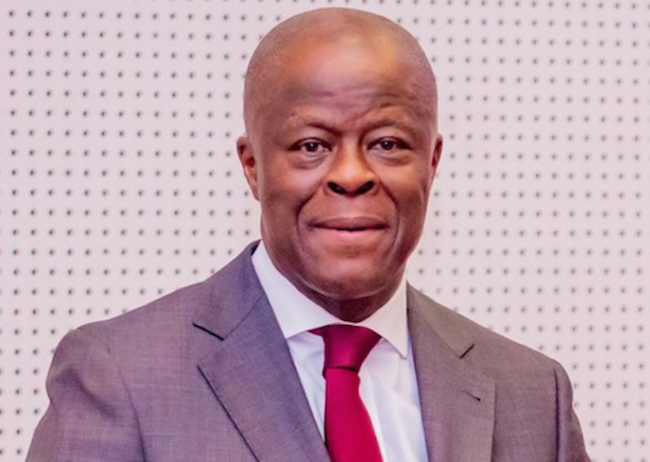Nigeria has marked a significant economic milestone with its current account balance showing a surplus of $1.432 billion in 2024, as reported by the International Monetary Fund’s World Economic Outlook Database. This figure marks a notable increase from the $1.21 billion surplus recorded the previous year, underscoring the country’s improved economic position on the global stage.
The current account balance encompasses trade balances, net income, direct transfers, and asset income, painting a comprehensive picture of Nigeria’s international economic transactions. A positive balance signifies a net lending position, indicative of economic strength and stability, which experts attribute to Nigeria’s growing gross national savings and increased investment.
In 2024, Nigeria’s gross national savings climbed to 26.32% of Gross Domestic Product (GDP), up from 24.61% in 2023, while total investment rose to 25.75% of GDP, compared to 24.28% the previous year. These figures highlight a growing confidence in the economy, with more disposable income being saved and increased economic activity through higher investment levels.
Economic analysts have lauded this development as a sign of robust economic health and stability, underpinned by expanded economic activities and growing investor confidence. Olorunfemi Idris, an economist, commented, “The surplus in the current account balance reflects a favorable trade and income scenario, bolstering Nigeria’s economic resilience amidst global economic uncertainties.”
As Africa’s largest economy, Nigeria’s economic performance is pivotal for regional stability and growth. The country’s efforts to diversify its economy and enhance economic fundamentals have proven successful, attracting both domestic and foreign investors, and stimulating economic growth across various sectors.
Looking ahead, the positive outlook presented by the IMF data suggests continued economic expansion and stability for Nigeria, driven by sustained investment and savings growth. This trajectory bodes well for Nigeria’s economic future, positioning it as a key player in driving regional economic progress and stability.
3.5






2 Comments